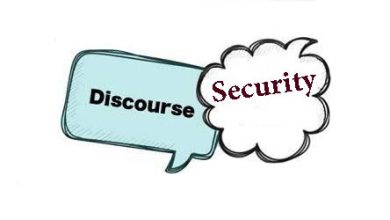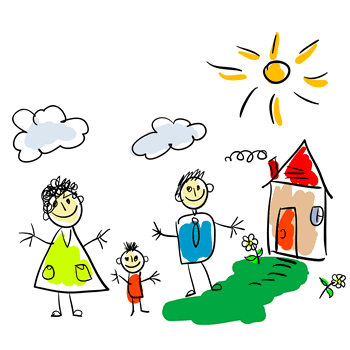The Analysis of Relationship Between Social Conditions and Security Discourses
This article attempts to study the type of prevalent discourse in securitization of society with emphasis on social conditions.
In addition, after the conceptual expression of security, this article examines the accepted security discourse among society persons with taking into consideration the social conditions and then survey the effect of this accepted discourse on realization of prevalent security discourse.
In this regard the social conditions of society persons are observed and its influence on application and development of wide and narrow security discourses in discussed.
The amount of society attainment from security has been assessed in the form of negative and positive security discourses and different social conditions of society have been compared in regard of security discourses differences.
This work is a survey research in which 1260 interviews have accomplished with some habitants in Tehran.
For analyzing data, the F test has been used. Findings show an effective and meaningful relationship between social characteristic of persons in one hand, and the acceptance of some kind of security discourse in other hand.
It means the upper social class results in better informational and professional jobs, also the higher multilateral view results in much amount of reception and acceptance of positive security discourse as prevalent model for securitizing the society.
Positive security discourse is benefit-based and peacemaker, and emphasise on opportunities and capabilities rather than threats, risks, or enemies.
Nevertheless, the acceptance of a specific security discourse had neither meaningful relationship with life locations of persons in respect of their economic-social situations, nor with their local capabilities.
Key Terms: Security, negative Security, positive Security, narrow Security, wide security, soft security, hard security.





